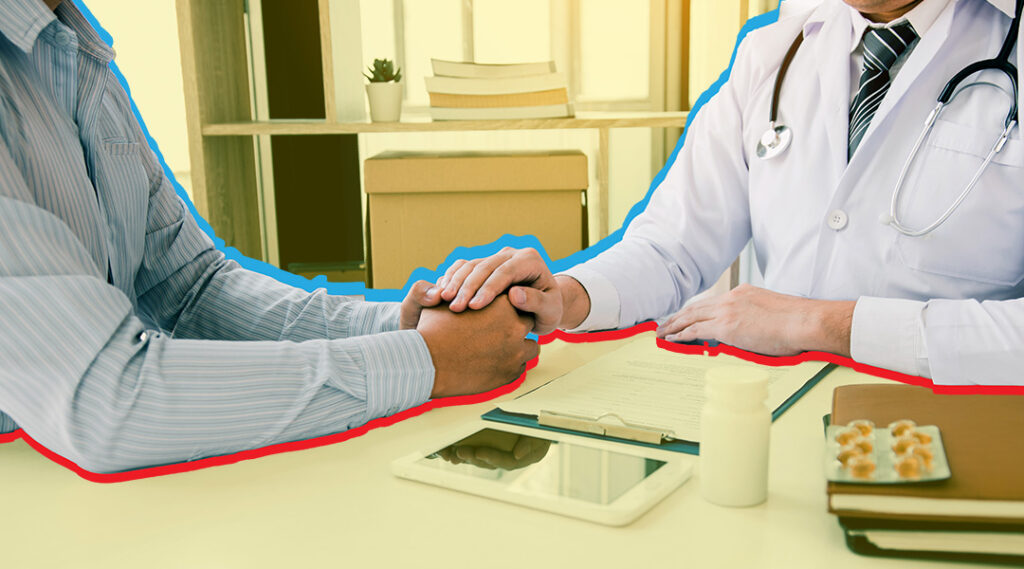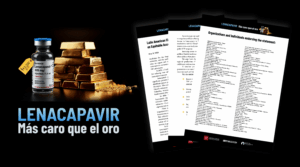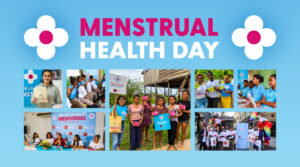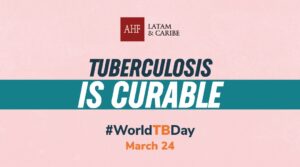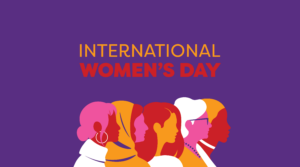We know that an HIV diagnosis can be overwhelming and difficult to swallow at first. However, the good news is that with current treatment, the process is much easier to manage than in the past and soon, with a little discipline, you will be able to achieve non detectability and live a fulfilling life. In this article, we will talk about the importance of linking to treatment to live a full and healthy life in this new stage.
The first question that may cross your mind is: What happens if my HIV test is positive? In this case, in the centers operated by AHF, there will always be a person (counselor) who will give you the support and information you need.
When taking an HIV test it is very important to have specialized support to help you manage the time of the result correctly, give you information about HIV and how to prevent it. And if the result is positive, help you move towards treatment without stigma or misinformation and provide you with the information that will help you continue with your life in an appropriate way.
If you get tested at one of AHF’s testing centers and your test comes back reactive (positive for HIV), one of the first steps we’ll take is to assign you a linker who will guide you through the process of getting medical care and treatment. This professional will work with you to determine the best course of action, based on your specific needs and circumstances.
Your navigator will help you make medical appointments, accompany you during consultations and provide you with information on how to manage HIV, including the correct use of antiretroviral (ARV) drugs and the adoption of healthy habits. It will also offer guidance on how to manage medication side effects if you have them, and how to deal with any other concerns you may have.
The goal of our linkage program is to make sure you receive the right medical care and timely treatment for HIV. We want you to feel comfortable and secure at all times, and we will make sure that you have the necessary information at every step of the process.
What are the steps to follow to get treatment?
It is important to mention that each country has a different health system and regulations regarding access to antiretroviral treatment for HIV. In general, it is necessary that you register in the corresponding health unit, so that the medical personnel specialized in HIV can evaluate you.
Once you have your file, some clinical studies will be carried out to find out the current state of your health: check if there is any disease or opportunistic infection, the number of copies of HIV present in your body and the number of CD4 cells in your blood With these results, the medical personnel specialized in HIV will be able to determine if you need any other treatment or if you can start antiretroviral treatment.
How much does HIV treatment cost?
Regardless of the insurance you have, antiretroviral treatments are free and must be available in health units specializing in HIV in all countries of Latin America and the Caribbean. In case you do not have social security, there are government programs and non-governmental organizations (such as AHF) that can support you in managing your treatment.
How will my life change?
HIV does not have to change your life. It’s normal to feel worried after being diagnosed with HIV, but you should know that most people living with HIV can lead full and satisfying lives. In fact, they may experience positive changes in their lives after diagnosis.
It is true that you will have to take antiretroviral drugs (ARV) and go regularly to medical consultations to control your health, but outside of that, any change will depend on you. Many people with HIV adopt healthier habits and engage in activities that help maintain their physical, emotional, and social health.
For example, some people with HIV become involved in support groups and organizations that advocate for the rights of people with HIV. These organizations can provide valuable information about managing HIV, as well as connections to others facing similar situations.
Also, many people with HIV discover new ways to take care of their bodies: like meditation, yoga, and healthy eating. These positive lifestyle changes can improve quality of life and help maintain overall good health.
How many pills are there and what side effects does the treatment have?
One of the greatest advances in HIV treatment has been the development of highly effective and well-tolerated antiretroviral (ARV) drugs. Most current HIV treatments consist of taking just one pill a day, making them convenient and easy to follow, thus helping to control the amount of virus in the body, which in turn helps maintain health long-term.
Modern ARVs have a very high success rate and are fairly gentle, meaning they produce few side effects. If side effects do occur, they are usually mild and go away after a few days.
In the event that more prolonged side effects occur, the health personnel will help you resolve the situation. It is important that you speak to your doctor if you experience any side effects, as there are measures to minimize them and keep your adherence in order.
What tests did they take on me?
When you receive an HIV diagnosis, it’s important to know that you will have several tests to determine the general health of your body and how the virus is affecting your immune system. The main tests that will be carried out are the viral load and the CD4 lymphocyte count.
Viral load is a blood test that measures the amount of HIV in your body. This test is important because it helps to determine how active the infection is and to monitor the success of treatment. It is recommended to perform the viral load test at least every six months.
The CD4 lymphocyte count is another blood test that measures the number of CD4 cells present in your body. These cells are important in keeping your immune system strong and helping fight infection. HIV specifically attacks these cells, so the CD4 count is an important way to monitor how the virus is affecting your body and overall health. It is also recommended to do this exam every six months.
In addition to these two main tests, you will likely have other urine, blood, and X-ray tests to assess your general health and detect any other infections or diseases that may be affecting your body.
When can I start taking treatment after knowing my diagnosis?
The sooner the better. Once the necessary tests have been carried out to assess your state of health and determine the best treatment for you, treatment can be started immediately.
Remember that taking the treatment must be daily and that non-compliance can generate resistance to medications and compromise their effectiveness. Therefore, we are here to help you in everything you need. Feel free to contact us if you have questions or need support at any time.
At AHF, our goal is to provide you with the best treatment and care possible.
Go to any of our centers to take a free HIV test, remember that our team of health professionals, including doctors, nurses and counsellors, are at your disposal to answer any questions and provide you with the support you need.
Locate the nearest service center here https://ahflatamycaribe.org/servicios-en-latinoamerica/
*We appreciate the collaboration in writing this article from Antonio Lara and Germán Martínez, Outreach Coordinators of AHF Chile and AHF México, respectively.
